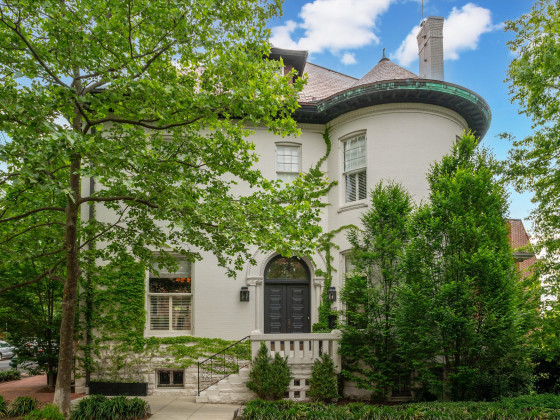 Understanding Rental Restrictions in Condominiums
Understanding Rental Restrictions in Condominiums
✉️ Want to forward this article? Click here.
Condominium boards often seek to restrict or regulate the ability of unit owners to rent out their units, for a variety of reasons. These reasons may include:
- A perception that owners take better care of their units than renters, or that renters are less likely to follow the condo’s rules and regulations.
- Frequent move-ins and move-outs by renters can cause increased wear and tear on hallways, carpets, doors, and other common areas of the building.
- A high percentage of renters can affect the ability of owners to obtain certain types of loans. The Federal Housing Administration (FHA) sets a condo owner-occupancy minimum level for mortgages that it insures (generally between 35% and 50% depending on a variety of factors), and some secondary mortgage market institutions disfavor mortgages on units in condominiums with low owner-occupant numbers.
The following are common rental restrictions imposed by condominium boards:
Rental caps. A rental cap is the maximum number of units that can be rented out at a given time. Once that number have been rented, generally no other units can be leased out. An important part of any rental cap is the ability of a condo board to grant waivers for undue hardship, which are often granted to military members and those that have medical needs.
Minimum lease terms. Many condo boards set a minimum lease term, often six to twelve months. This minimizes turnover of renters and wear and tear on the common elements from furniture being moved in and out.
Amenity or rental fee. Condo boards can impose a fee for rented units. Sometimes these are labelled as “amenity” fees and are simply an additional fee charged to owners that rent out their units. Best practice is to make sure these fees are somehow tied to actual increased costs incurred by the condo, to ensure that the fees are deemed “reasonable.”
Seasoning clauses. A seasoning clause is a rule that a new owner must live in their unit for a certain amount of time, often one year, before they can rent it out. Condos with seasoning clauses will not be able to get their community approved by the FHA.
Ownership limts. Sometimes, a board will limit the number of units an individual may own. The thinking behind this is that if the owner lives in one of the units they own, the other units they own would likely be rented out.
Lease addendums. In addition to rental restrictions, many condo boards require owners to include a specific lease addendum in their rental agreements. This addendum usually makes clear to the tenant that they are subject to the condo’s bylaws, rules, and regulations, and can also give the association the right to evict the tenant on behalf of the unit owner if the tenant violates the condo’s governing documents.
Some of the restrictions discussed in this article may be implemented by a condo board through the issuance of rules and regulations, and some require an amendment to the condo’s bylaws. Best practice, regardless of the manner in which a rental restriction is imposed, is to engage the unit owners in discussion and dialogue about proposed rental restrictions, because what is best for one community will not necessarily be best for a different one.
See other articles related to: condo rental restrictions
This article originally published at https://dc.urbanturf.com/articles/blog/understanding_rental_restrictions_in_condominiums/21530.
Most Popular... This Week • Last 30 Days • Ever

On Thursday night, developer EYA outlined its plans at a community meeting for the 26... read »

EYA and JM Zell Partners have plans for 184 townhomes and 336 apartments spread acros... read »

Chris Hughes and husband Sean Eldridge are putting their Kalorama home on the market ... read »

If the walls of 1222 28th Street NW could talk, they'd have nearly three centuries wo... read »

The plan to replace the longtime home of Dance Loft on 14th Street with a mixed-use ... read »
- A First Look At Friendship Commons, The Big Plans To Redevelop Former GEICO Headquarters
- 520 Residences Planned For Former GEICO Campus In Friendship Heights
- Facebook Co-founder Lists DC Home For Sale
- One of DC's Oldest Homes Is Hitting the Market
- Plans For 101 Apartments, New Dance Loft On 14th Street To Be Delayed
DC Real Estate Guides
Short guides to navigating the DC-area real estate market
We've collected all our helpful guides for buying, selling and renting in and around Washington, DC in one place. Start browsing below!
First-Timer Primers
Intro guides for first-time home buyers
Unique Spaces
Awesome and unusual real estate from across the DC Metro













